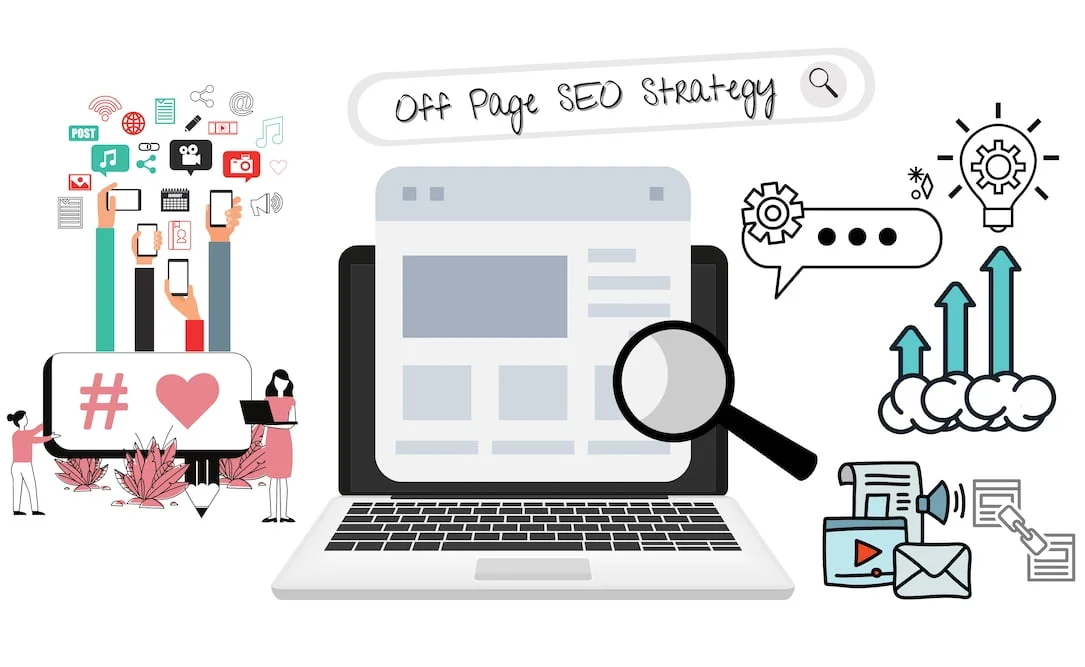In the dynamic world of digital marketing, staying ahead of the curve is crucial. One tool that can significantly enhance your SEO strategy is Google Alerts. This article will delve into how to use Google Alerts for link-building effectively. By incorporating this tool into your strategy, you can streamline your efforts and increase your online presence.

Introduction to Google Alerts
Google Alerts is a free service that notifies users about new content on the web. It tracks mentions of specific keywords and sends alerts to your email. This tool can be a game-changer for digital marketers looking to enhance their link-building strategies.
Setting Up Google Alerts
Setting up Google Alerts is straightforward. All you need is a Google account. Once logged in, navigate to the Google Alerts page. Enter the keywords you want to track, such as ‘link-building opportunities’ or ‘guest posting sites.’ Customize the alert settings to suit your needs, such as frequency and sources.
Choosing the Right Keywords
The success of your Google Alerts largely depends on the keywords you select. Opt for specific, niche-related terms to ensure relevant alerts. This approach will help you find valuable SEO practices and avoid irrelevant information.
Using Google Alerts for Link-Building
Now that you’ve set up your alerts, it’s time to leverage them for link-building. Here are some strategies:
Identifying Guest Posting Opportunities
One effective way to build links is through guest posting. Use alerts to find websites accepting guest posts in your niche. This method not only provides backlinks but also establishes your authority in the industry.
Monitoring Brand Mentions
Track mentions of your brand across the web. This strategy helps in identifying sites that mention your brand without linking back. Reach out to these sites and request a link, thereby enhancing your backlink profile.
Staying Informed on Industry Trends
Stay updated with the latest trends in your industry. Alerts for topics like ‘new SEO techniques’ or ‘digital marketing trends’ can provide insights into what others are doing, allowing you to adapt and improve your strategy.
Benefits of Using Google Alerts
The benefits of Google Alerts extend beyond link-building. They include:
- Time-saving by automating content discovery.
- Enhancing content marketing strategies.
- Building relationships with industry leaders.
Best Practices for Google Alerts
To maximize the potential of Google Alerts, follow these best practices:
Regularly Update Keywords
Periodically review and update your keywords to ensure you’re receiving relevant alerts. This practice helps in aligning your alerts with current industry trends.
Act on Alerts Promptly
Timeliness is crucial. Act on your alerts promptly to seize opportunities as they arise. Whether it’s responding to a guest post request or reaching out for a backlink, timely action can make a significant difference.
Challenges and Solutions
While Google Alerts is a powerful tool, it does come with challenges. Some alerts may be irrelevant, or you might receive too many notifications. Tackle these issues by refining your keywords and adjusting your alert settings.
Conclusion
Integrating Google Alerts into your link-building strategy can yield substantial benefits. It not only streamlines the process but also keeps you informed about industry trends. By following the strategies and best practices outlined in this article, you can optimize your efforts and achieve online success.
FAQ Section
What is Google Alerts?
Google Alerts is a free tool by Google that notifies users of new content on the web based on specified keywords.
How can Google Alerts help in link-building?
It helps identify guest posting opportunities, track brand mentions, and stay informed about industry trends, which aids in link-building.
Are there any drawbacks to using Google Alerts?
Some challenges include receiving irrelevant alerts or too many notifications. These can be managed by refining keywords and adjusting alert settings.

Additional Resources
For further reading, you might find this off-page SEO guide insightful. Additionally, explore the role of partnerships in off-page SEO for more strategies.







